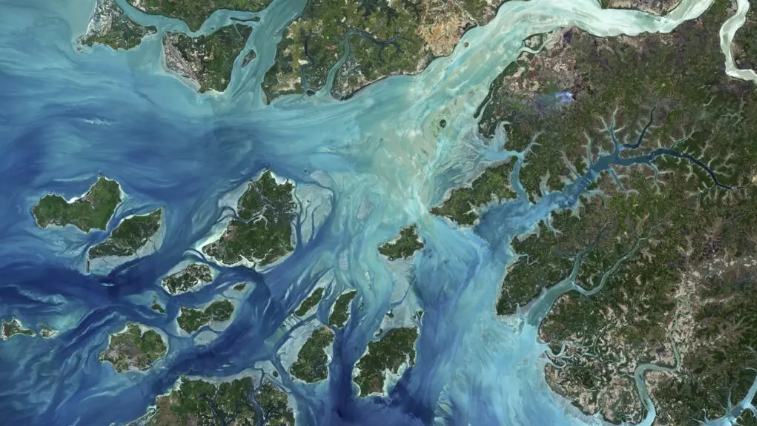The Intergovernmental Oceanographic Commission of UNESCO (UNESCO-IOC) is delighted to announce its signature of the Memorandum of Understanding (MoU) enabling the creation of the Ocean Coordination Mechanism (OCM). This milestone agreement, formally opened for signature on October 6, 2023, solidifies a transformative effort to enhance integrated ocean governance in the Wider Caribbean region, including the North Brazil Shelf Large Marine Ecosystem.

The OCM is a groundbreaking initiative designed to foster collaboration among countries, intergovernmental organizations (IGOs), and key stakeholders. Its aim is to coordinate and streamline actions addressing critical marine issues such as sustainable fisheries, ecosystem restoration, pollution control, blue carbon development, marine spatial planning, and the establishment of marine protected areas.
A unified approach to Ocean-Climate-Biodiversity challenges
Ocean opportunities and challenges transcend borders, demanding collective action to unlock the economic, environmental, and social benefits of a healthy ocean. The OCM is pivotal in addressing the Ocean-Climate-Biodiversity nexus, by facilitating cross-country and cross-institutional collaboration. It ensures the sustainable development of the blue economy while prioritizing the needs of the most vulnerable communities.
UNESCO-IOC’s leadership in scientific cooperation, data sharing, and capacity building will enhance the OCM’s ability to achieve Sustainable Development Goal 14 (Life Below Water) and related global goals. The IOCARIBE, having served as the Chair of the interim coordination mechanism – OCM’s predecessor – will continue to play a crucial role in this coordinated effort.
What is the OCM?
The Ocean Coordination Mechanism (OCM) was conceived under the 10-year CLME+ Strategic Action Programme (CLME+ SAP), endorsed by countries in the Wider Caribbean in 2014.
Its purpose is to establish a collaborative governance framework for the sustainable management of marine resources. Its functions include promoting regional cooperation by enhancing communication and collaboration among Signatories for the sustainable use of marine resources. It aims to avoid duplication, create synergies, and increase efficiency and effectiveness of the Signatories. It comprises an Executive group of IGOs and a Steering Group of Countries. This OCM is essential to the sustainable development of the Blue economy in the Wider Caribbean Region and the effective use of limited resources for marine and coastal development.
What is next?
The OCM will receive funding from the Global Environment Facility (GEF) through the $15 million UNDP/GEF PROCARIBE+ Project, for the period 2024-2028.
The establishment of the OCM represents a landmark step in securing a sustainable future for the Wider Caribbean region’s marine ecosystems. UNESCO-IOC and IOCARIBE are committed to advancing this initiative, fostering collaboration, and championing the health of the region’s ocean for generations to come.
Source: unesco



